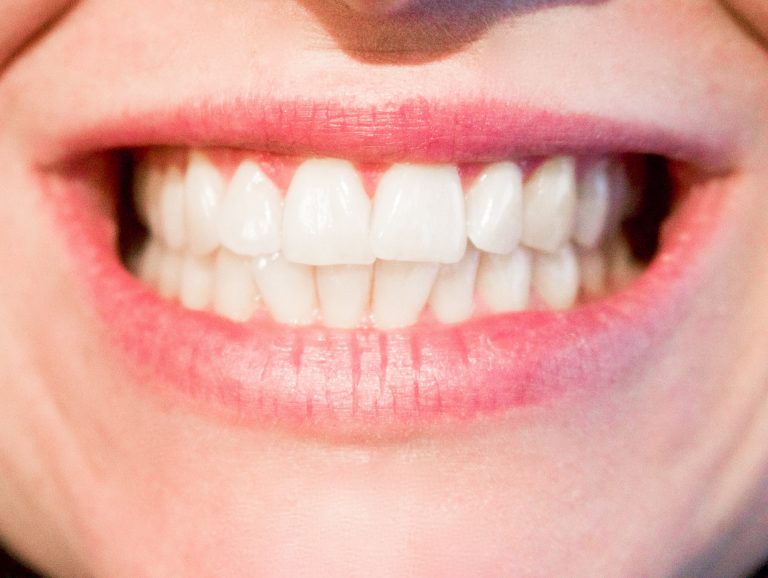
Wisdom teeth, or impacted third molars, are the four hindmost molars in humans, which usually appear at about the age of 20. The idea of having to remove your wisdom may be a scary thought to many people, so we often hear from people who wonder, “Is it really necessary to remove your wisdom teeth?”
Problems with Keeping Wisdom Teeth
Keeping your wisdom teeth might be just fine, but these teeth often cause problems. When your wisdom teeth grow in, they may grow in horizontally, or they could cause overcrowding in your mouth, and that leads to your teeth shifting. If your teeth move, it’s often painful and will likely ruin any progress you may have had wearing braces. Some wisdom teeth may only come in partially, which can create a pathway between your gums and your teeth. That space makes it difficult to brush the area, leaving a nice spot for bacteria to grow in your mouth. (Check out this cool video showing how wisdom teeth can cause problems.)
How many people have wisdom teeth?
About 85 percent of adults have their wisdom teeth and need to get them extracted. People have up to four wisdom teeth, two on the bottom and two on the top. Some people have all four wisdom teeth while others may only have one or two.
How to know if I will ever get my wisdom teeth?
With that in mind, you might wonder if you even have wisdom teeth. After all, you could be one of the lucky people who doesn’t even have to worry about it! Your dentist will tell you based on X-rays, which will show the number of wisdom teeth. Your dentist will not be able to tell you whether or not those teeth will fully emerge. That’s why most dentists suggest removal before the teeth break the surface of your gums to avoid problems down the road.
Signs that you may need your wisdom teeth removed:
Many people decide to get their wisdom teeth removed pre-emptively, often during college, when they might still be on a parents’ insurance plan. Contact us if you are experiencing pain or are curious about your wisdom teeth.